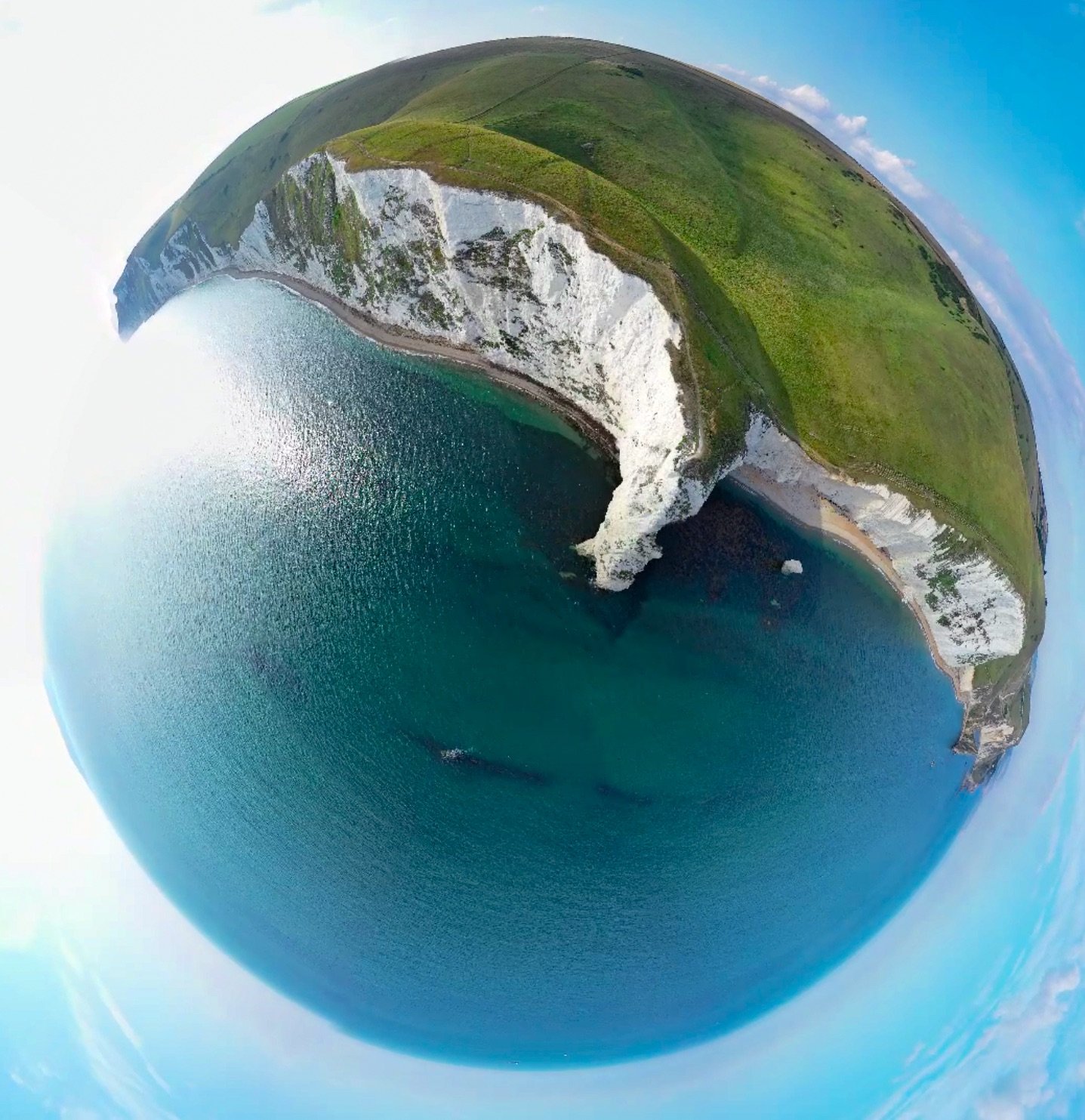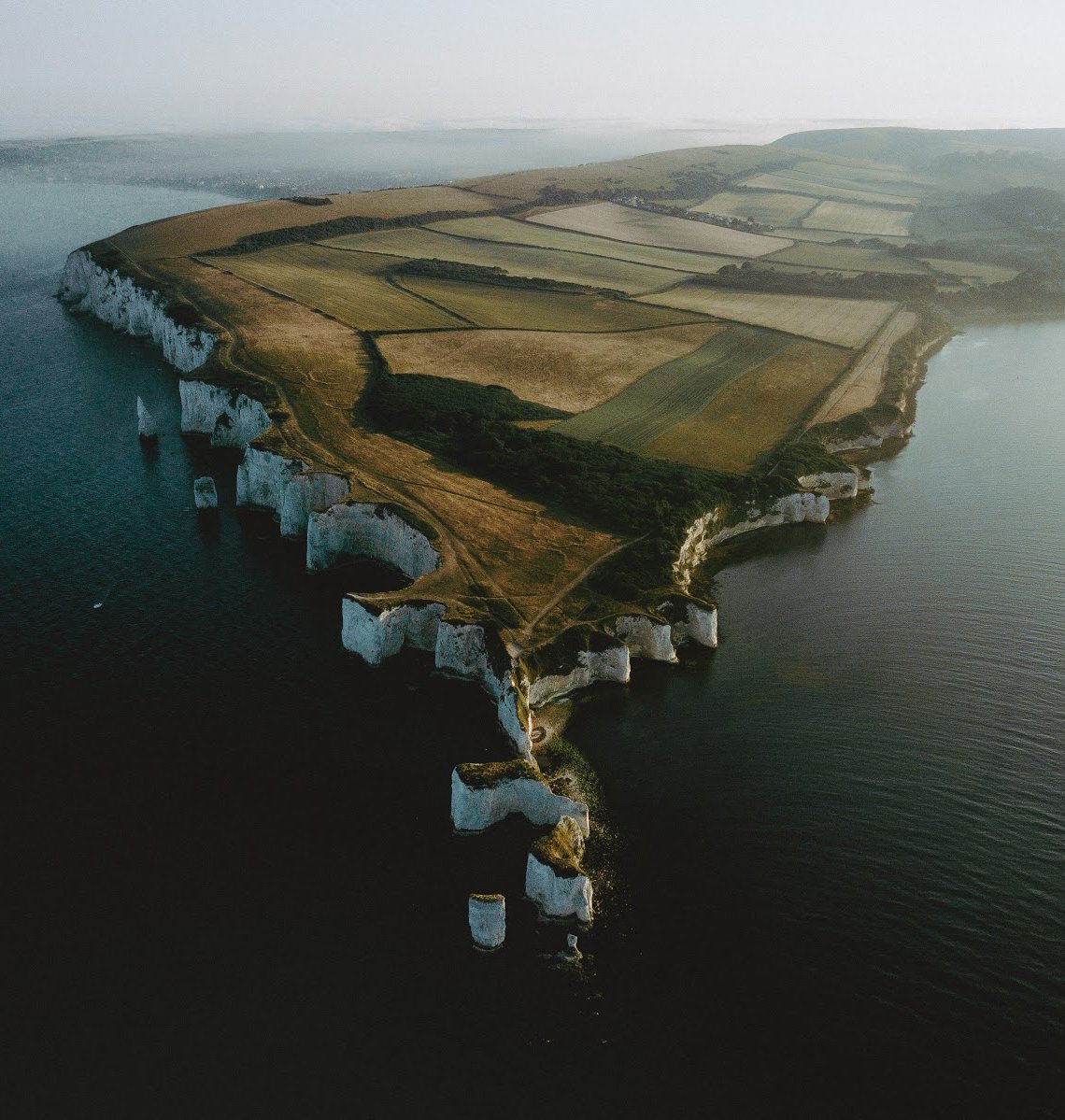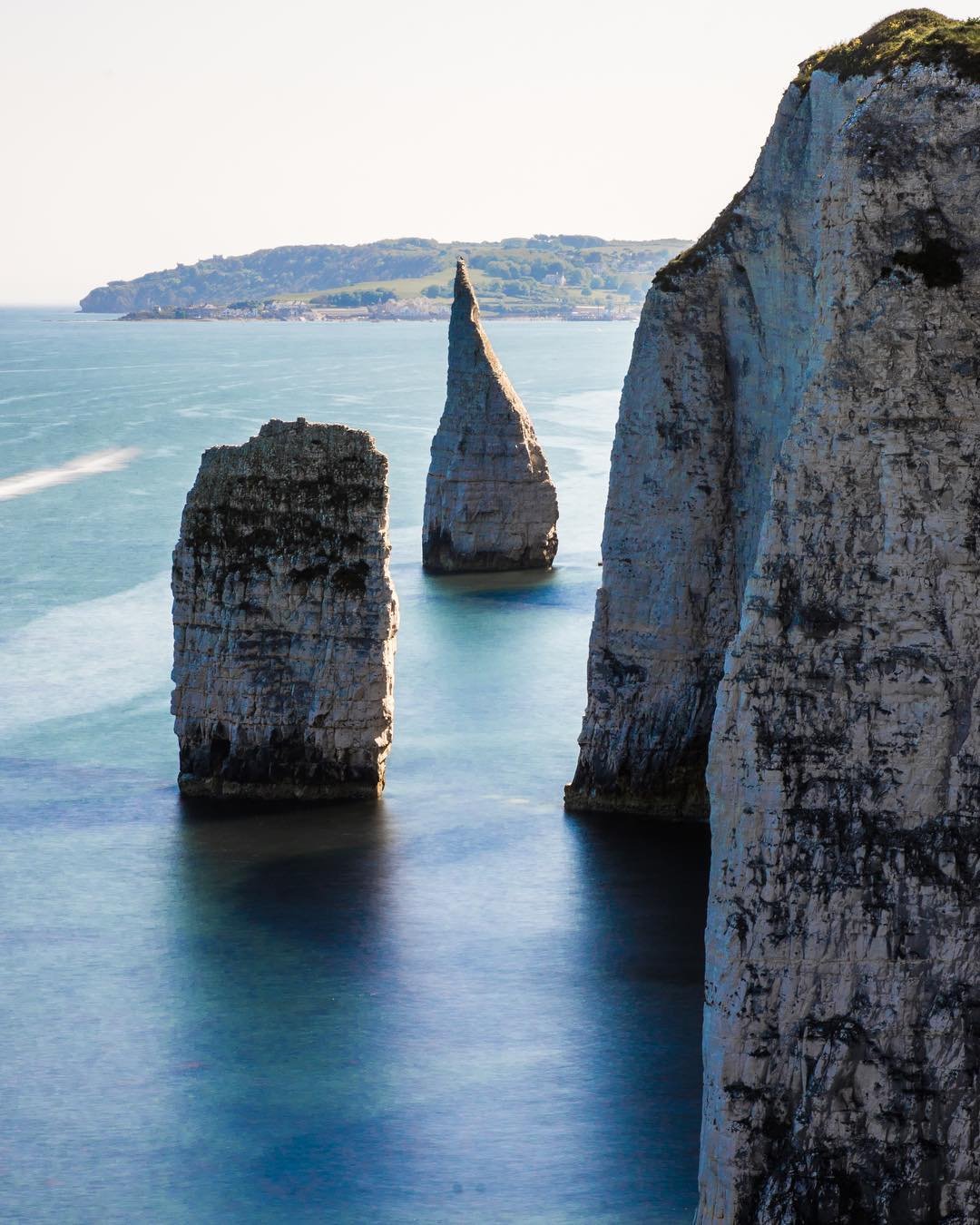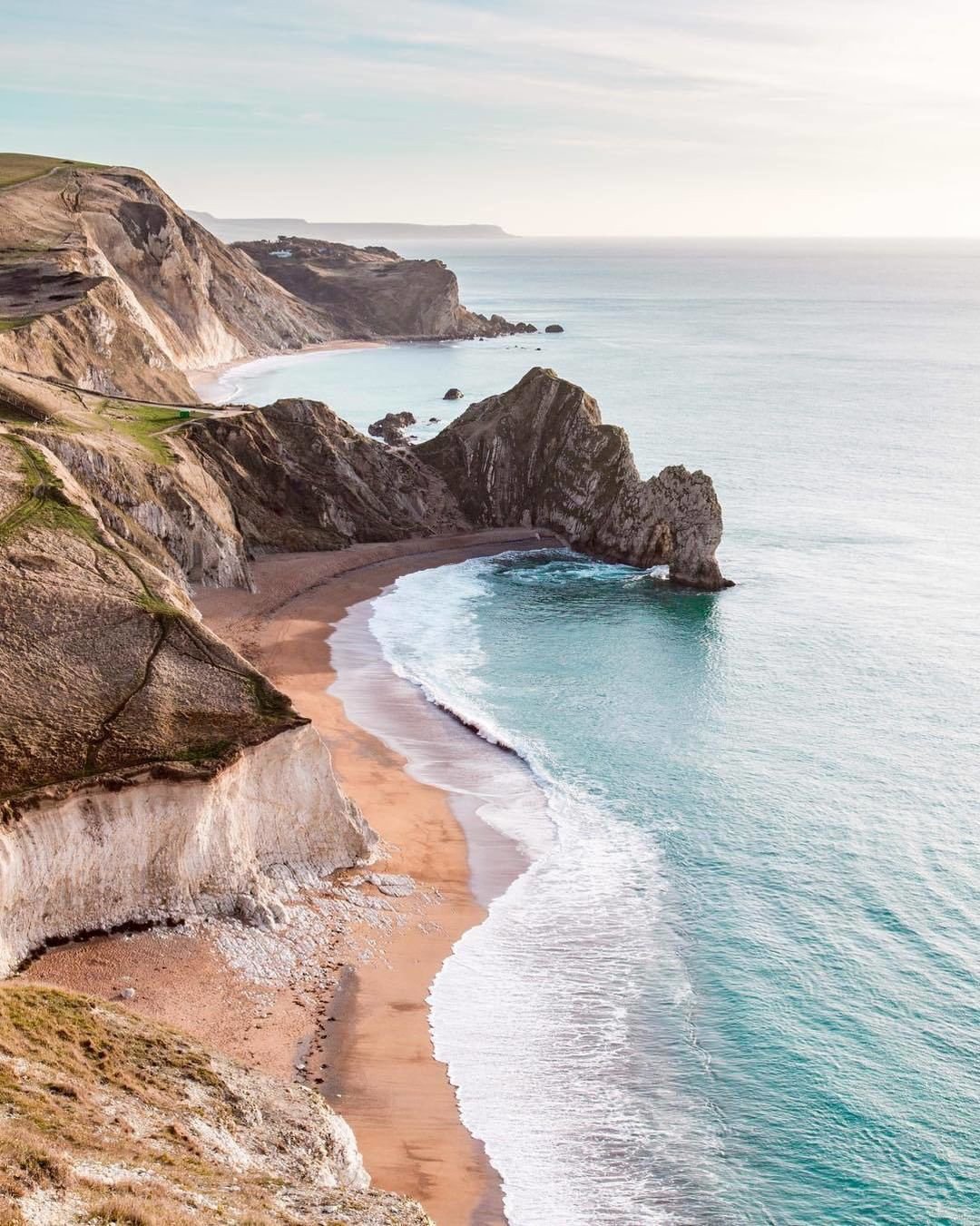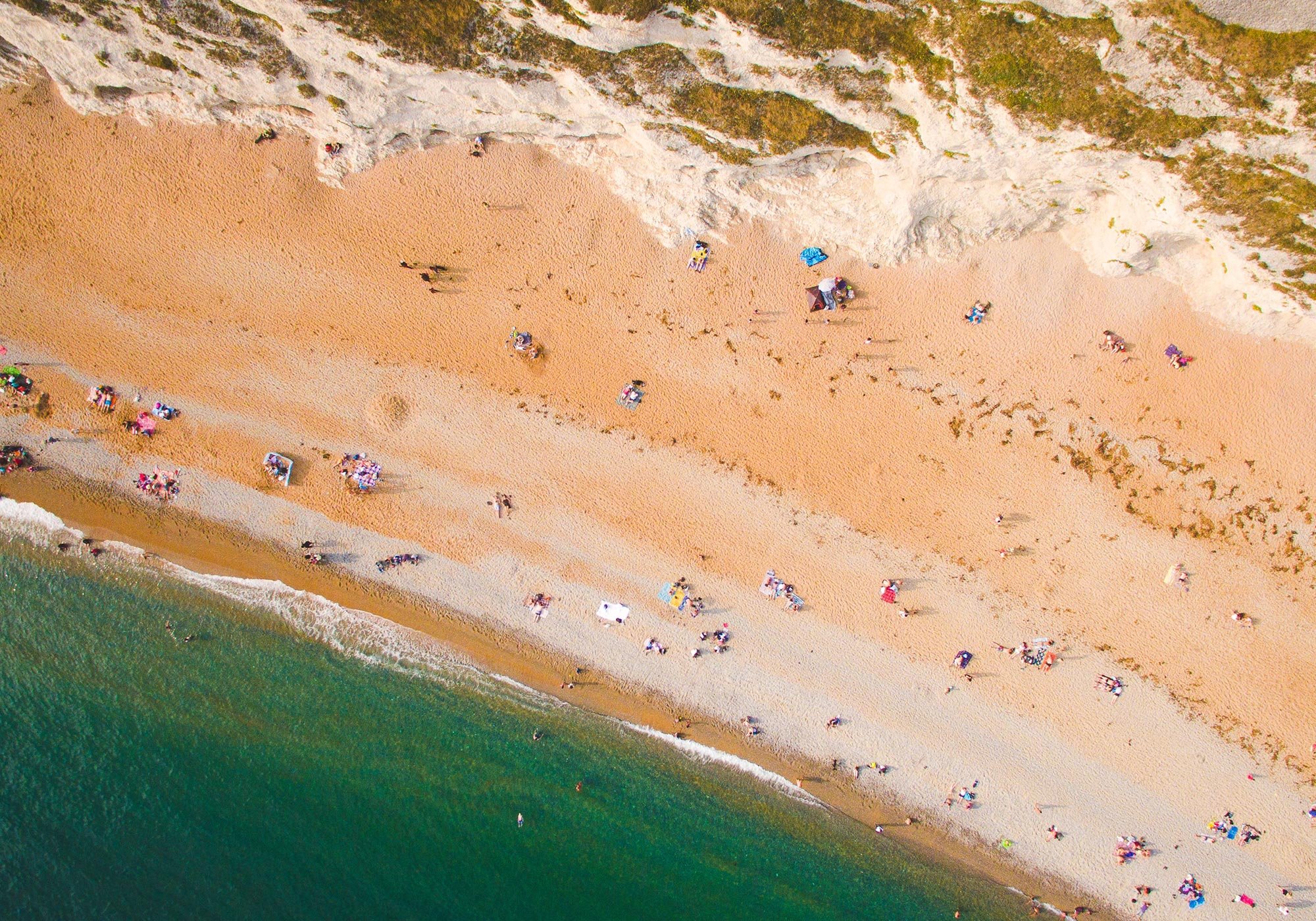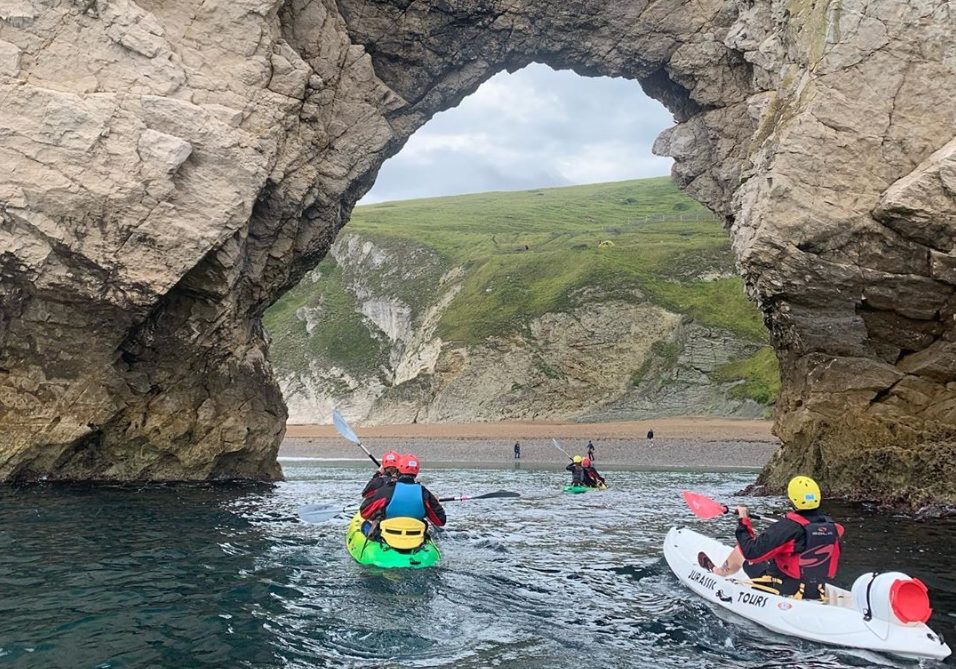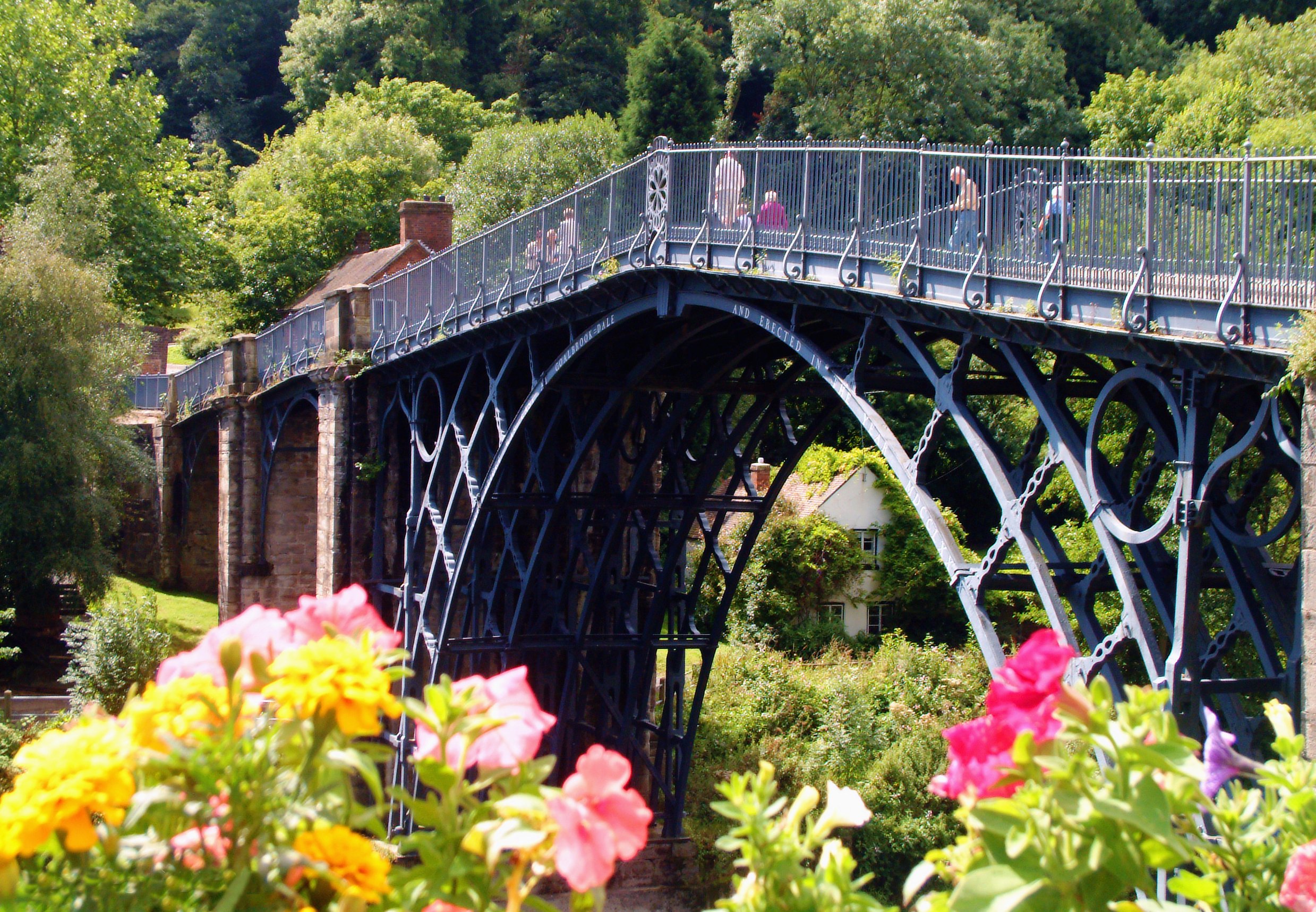INTRODUCTION
Beyond Your World is a travel series with a conscience. We take the viewer on a tour around the most beautiful and significant sites in the UK, exploring themes of sustainability, adventure and travel as education, promoting a more responsible form of tourism.
ABOUT
What’s the partnership?
A Green Weekend on the Jurassic Coast is the start of an eco-friendly odyssey exploring Britain’s best cultural and natural landmarks. The first episode takes place along the ancient stretch of coastline that forms England’s first and only natural UNESCO World Heritage site. The young team kayak beneath the crumbling cliffs, roam the mysterious Holloways and camp out under the stars. Shunning planes for trains and Airbnb rents for folding tents, they set out to make eco-conscious travel fun and affordable.
W A T C H
Discover the Series
The series offers unique access to UNESCO World Heritage sites in an environmental travelogue made for the climate change generation.
"The relationship between travel and the environment is of course complex, for example, can the travel industry grow and still be sustainable? If through travel ideas and stories, you can inspire others to have simpler, more enjoyable and affordable holidays with a positive impact, then this Green Weekend deserves to be the first of many."
JAMES BRIDGE – Secretary-General, UK National Commission for UNESCO
R O U T E
Where did we visit?
Tracing 185m years of Earth’s geological history from Exmouth’s ancient red cliffs to the young white chalk stacks of Old Harry Rocks, we set off past Orcombe Point then worked our way east towards Bournemouth.
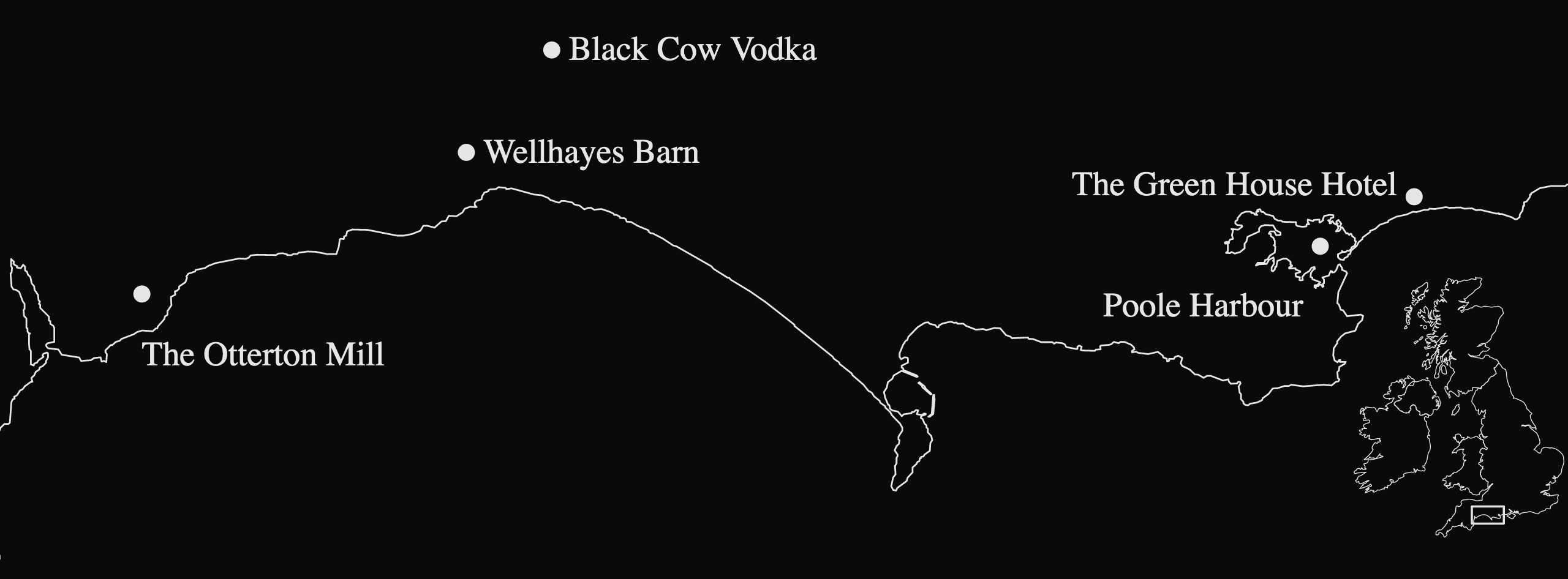
Our first stop was at the Otterton Mill which specialises in local brews, arts and crafts, then we went wild camping at Wellhayes barn, saw newly born cygnets in Abbotsbury Swannery, tempura-fried freshly farmed oysters in Poole Harbour, sipped locally-distilled Black Cow Vodka Bloody Mary’s for brunch and enjoyed a late lunch at Britain’s most eco-friendly guesthouse, The Green House Hotel in Bournemouth.
W O R L D H E R I T A G E
Why World Heritage Sites?
Because they are the best of the best – that’s the standard for making UNESCO’s coveted list. They are testaments to the ingenuity of human civilisation and the beauty of our natural world. Nations pitch every year to get their pristine wilderness or cultural landmarks recognised, to win a seal of approval that brings prestige, tourist income and a responsibility to protect the irreplaceable.
UNESCO World Heritage sites represent the front-line in the campaign for sustainable, responsible tourism and conservation. The UK has 32 sites, 28 of them easily reachable by train, bus or boat (the others not so much – Inaccessible Island isn’t just a name after all!)
T H E C O A S T
Sustainable Seaside
185 million years of fossilised flora and fauna fused into the scarlet red cliffs – all brought to life by the Jurassic World franchise. But there’s more to this shore than its history. Today, it’s a destination not just for day-trippers and fossil enthusiasts but for eco-friendly excellence. Bournemouth is home to world-beating eco-hotels that host guests who can sip locally-distilled pure milk vodka before they slumber in a bed carved from storm-felled trees.
When journeying to the shore itself, The Jurassic Coast Trust encourages visitation that is responsible, giving careful consideration to both the environment and respect to local ecosystems. Being conscious of the fact that the cliffs are in a constant state of flux with the sea, eroding and retreating where chunks of rock can fall off at any moment, knowledge of and respect for your local environment is paramount to enjoy the seaside. Read more about responsible travel on the Jurassic Coast here.
"I loved the Green Weekend on the Jurassic Coast because I wanted to go. You presented responsible tourism in a simple, relatable, more enjoyable form of travel. We need to debunk the idea that it sounds hard or complicated, and you did that beautifully."
JUSTIN FRANCIS – CEO, Responsible Travel
WHY DO WE NEED SUSTAINABLE TOURISM?
Travel and tourism makes up about 8% of the world’s emissions. With the sector forecast to grow as much as 4% a year, rapid change is required to cut the industry’s carbon footprint of which aviation makes up the lion’s share.
2.5% of the world’s CO2 came from plane travel in 2018 and that figure is on track to triple by 2050, according to the International Council on Clean Transportation.
The International Council on Clean Transportation, or ICCT, found that flying short distances is much more fuel-intensive than flying longer distances, so reducing the number of total flights (rather than just cutting out long-haul flights, which emit more pollutants at higher altitudes) is one of the best things anyone can do to cut carbon. 1 in 12 passengers on all international flights last year held a UK passport – more than any other nationality. Whatever mode of transport you take there are many ways to holiday without flights.
RECYCLING:
EAT A PLANT BASED DIET:
AVOID 2 UK-MED FLIGHTS:
LIVE CAR FREE:
AVOID 3 UK-MED FLIGHTS:
This is especially true for those of us in Europe already wanting to travel and even more so for the disproportionately high number of us Brits who fly to the continent. Europe has the largest, most electrified rail network on Earth. Use it! For tips on how to find cheap train tickets and save time, watch this interview with Mark Smith of seat61.com.
If you do fly for a holiday, make it count. Make responsible choices in your travel provider and explore with purpose. Don’t be a sheep and flock to the same spots as everyone else. (Here are some underserved destinations). Go beyond your world and into one where tourism helps local communities, has a low impact on the environment and can be sustained.
Why Now?
The facts about climate change are indisputable. Culturally, the seachange in public opinion spearheaded by the likes of Greta Thunberg, School Strike 4 Climate and Extinction Rebellion has seen sustainability go from obscurity to centre stage. You now see a broad cross-section of society from doctors, lawyers, policemen and plumbers turning to activism.
Do those facts diminish our appetite to see and explore the world? No. But many view sustainable travel as an oxymoron. The Green Weekend corrects this by imagining trips principally by train and sea to the most significant cultural and natural sites in the country.
In Numbers
Looking at the figures around travel gives you a sense of the problem, and the opportunity. Tourists taking international trips has more than doubled since 2000 and is on track to treble by 2030. As many more millions go on holiday, each with the power to leave a place better than when they found it, the need to protect destinations, but also make them better for visitors to see and for residents to live in, grows exponentially.
WILL TRAVEL INTERNATIONALLY BY 2030
OF GLOBAL GDP COMES FROM TRAVEL
OF THE WORLD’S EMISSIONS FROM TOURISM
WHY PARTNER WITH BEYOND YOUR WORLD?
Travel and tourism makes up about 8% of the world’s emissions. With the sector forecast to grow as much as 4% a year.
Why UNESCO and the UK National Commission for UNESCO?
We need multilateral effort to avert the climate crisis and so global, humanist institutions like the UN and UNESCO are crucial in that effort. They provide the best platform for collective action and UNESCO World Heritage sites/UNESCO Biosphere Reserves/UNESCO Global Geoparks the best canvas with which to tell a story. UNESCO works towards “mutual understanding, a plural approach to history and a culture of peace”.
Why partner with Beyond Your World?
Beyond Your World champions sustainable travel. We challenge the view that eco-friendly travel has to be a paradox or a compromise. With 28 World Heritage sites in the mainland UK, all within a day’s reach by train, bus or boat, there’s no excuse not to start exploring our world and celebrating it at home.


